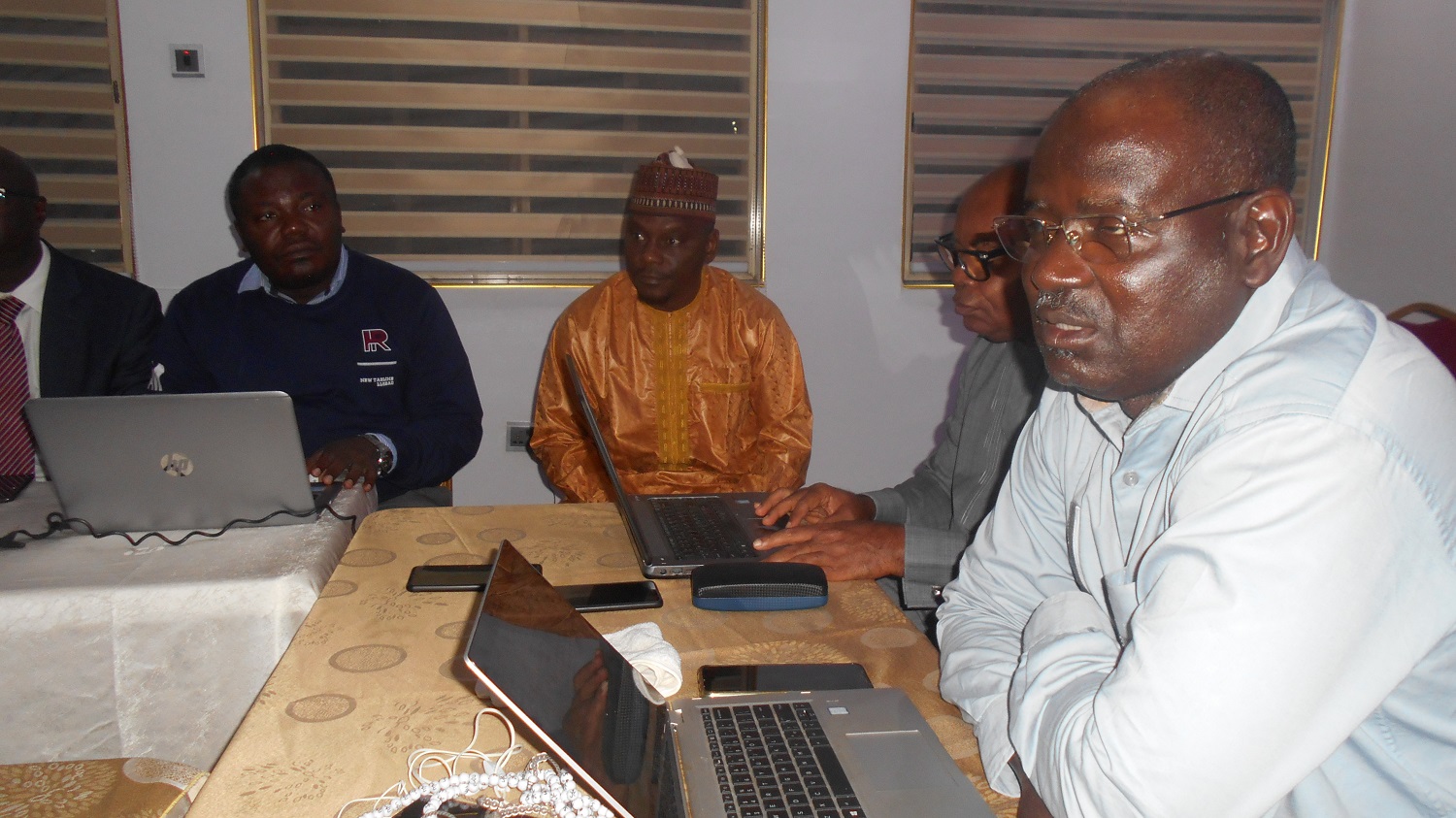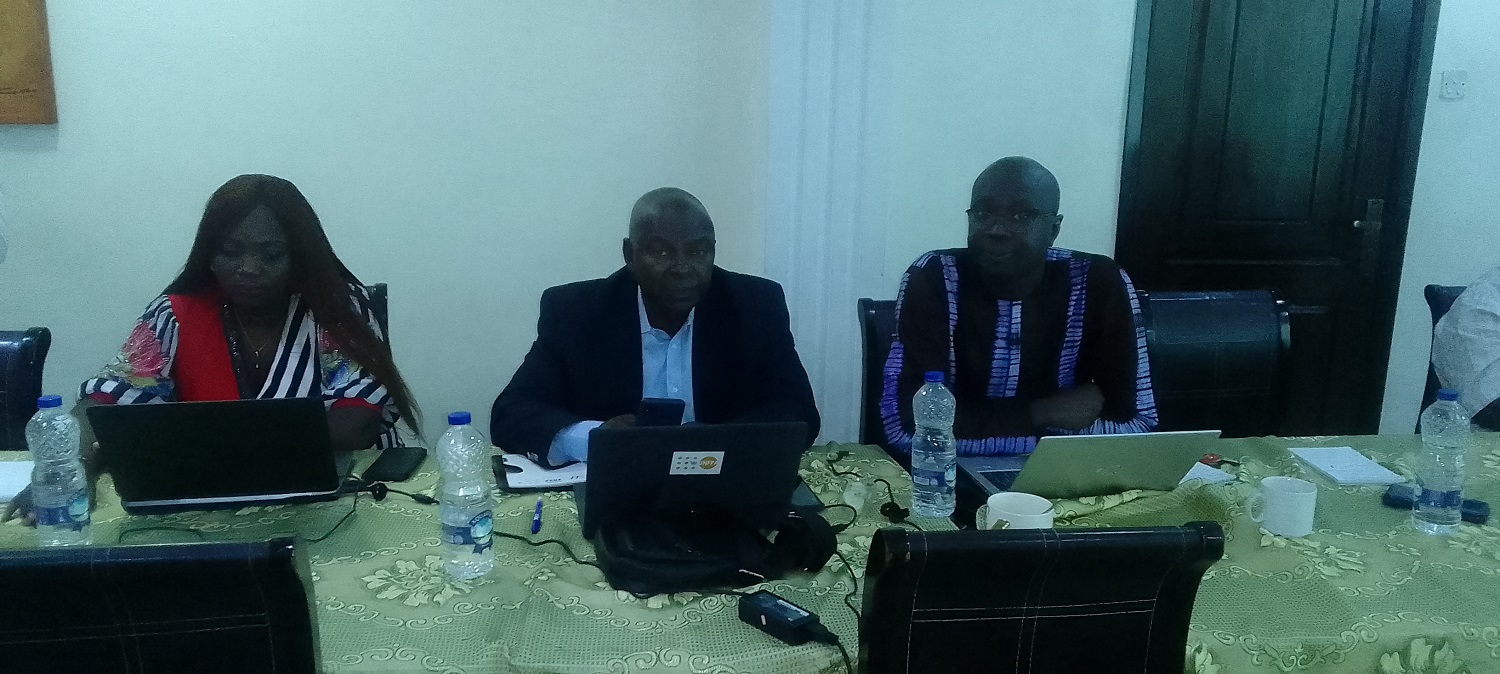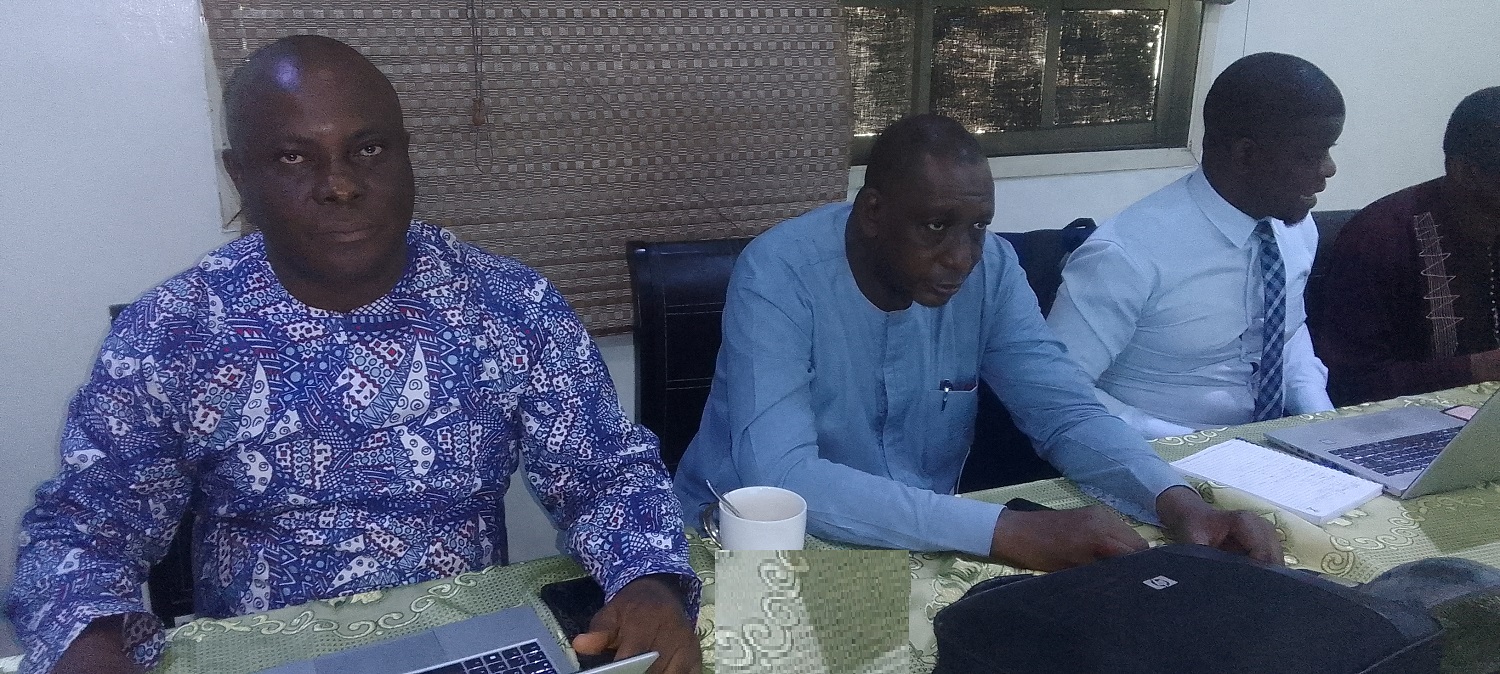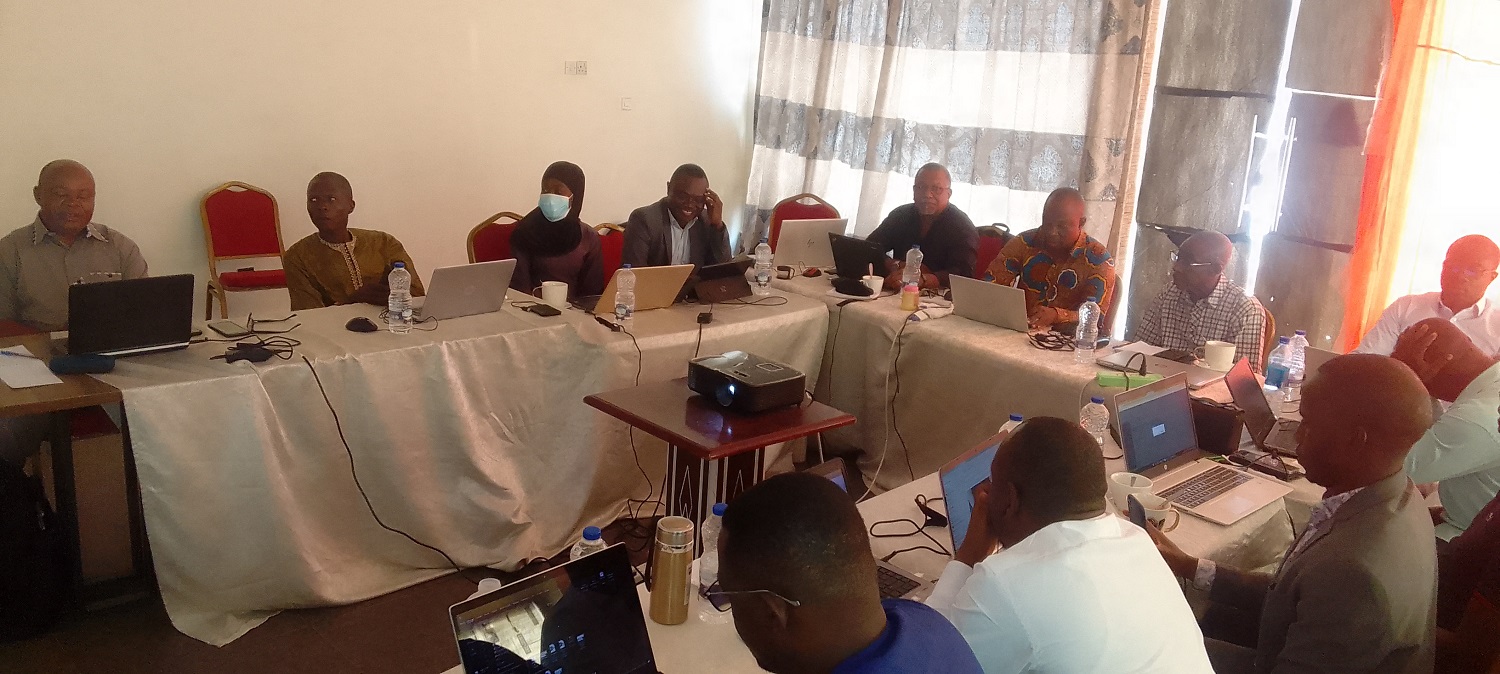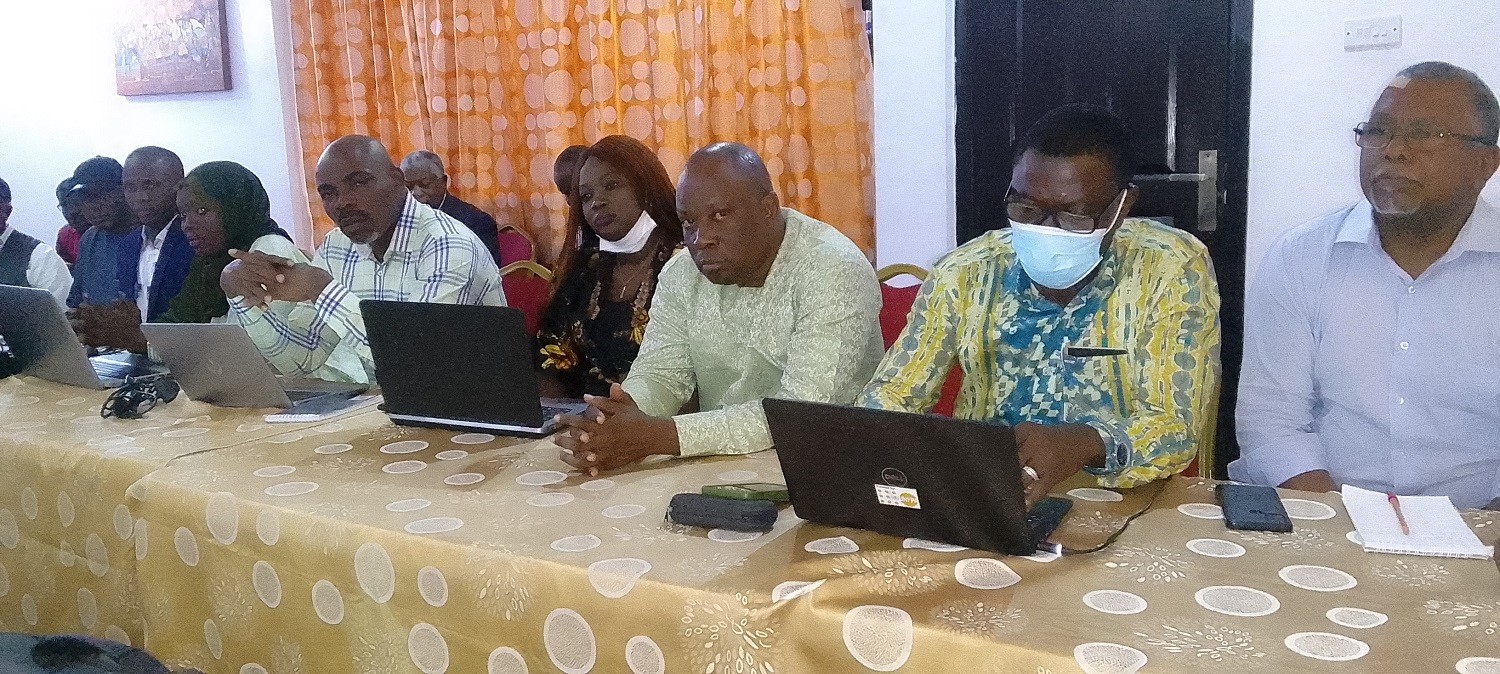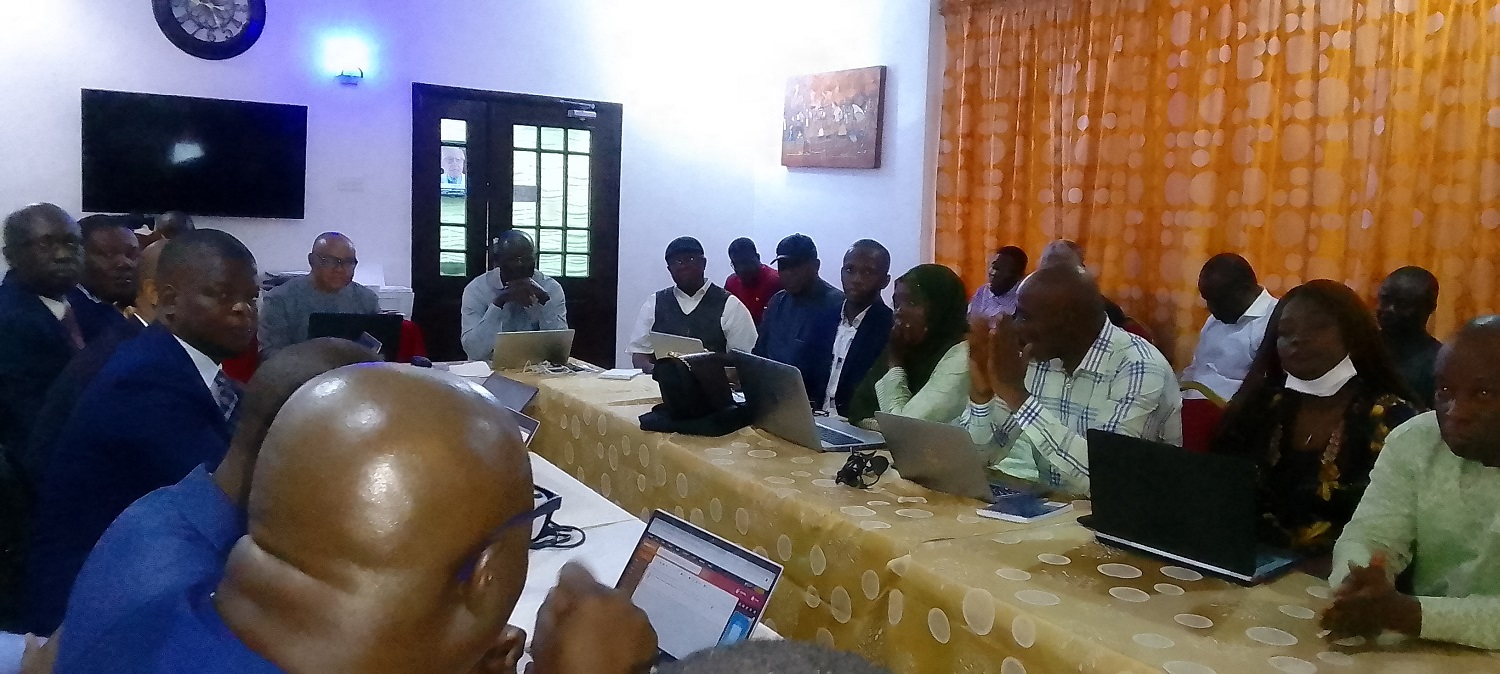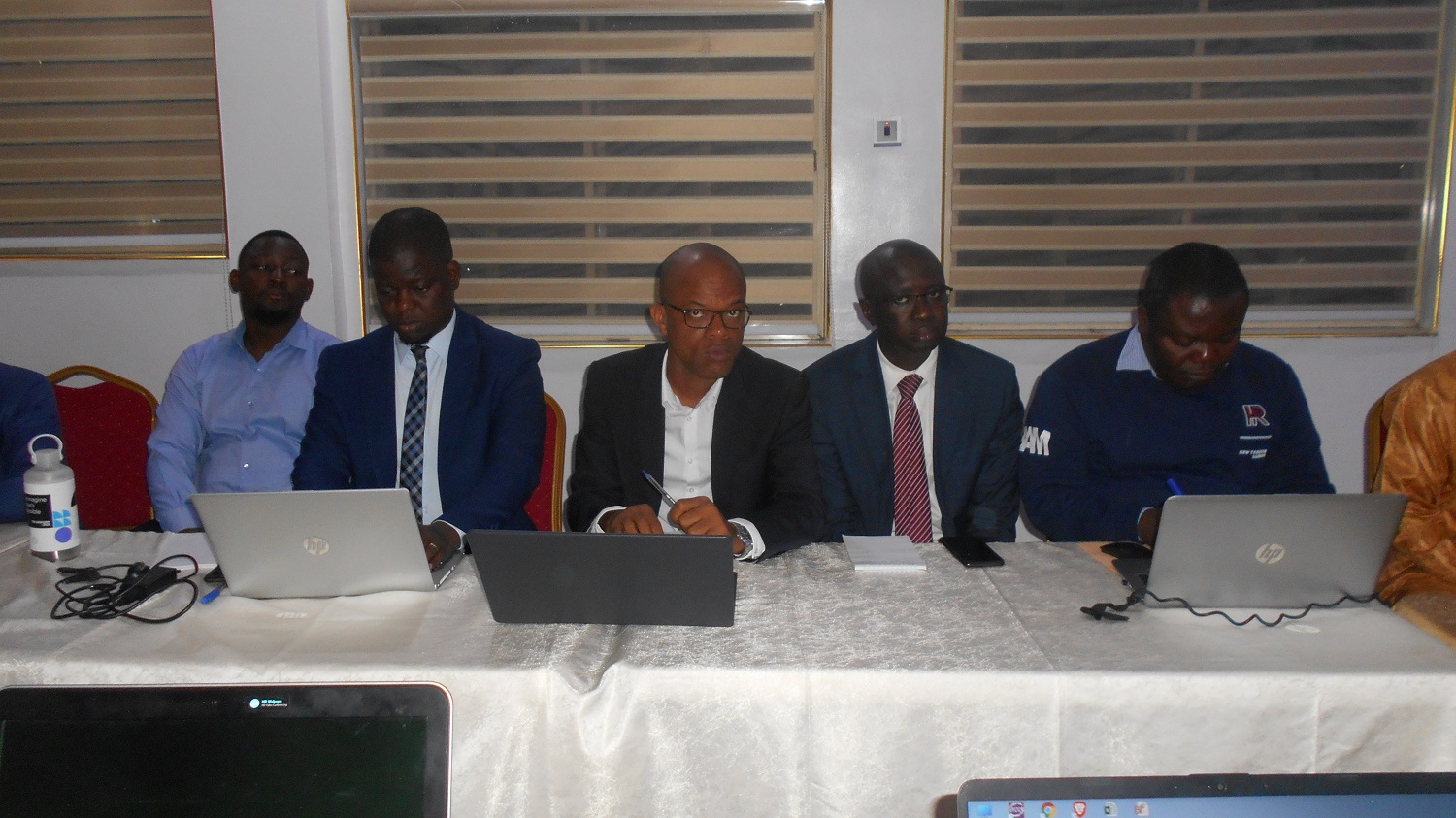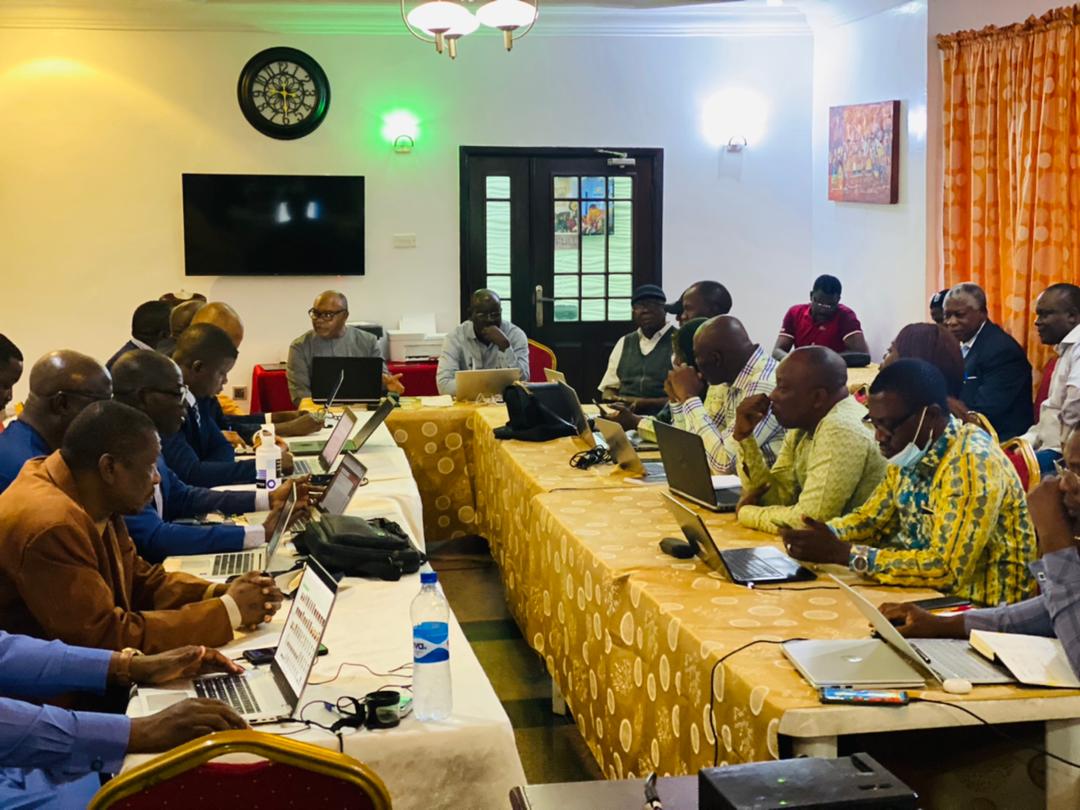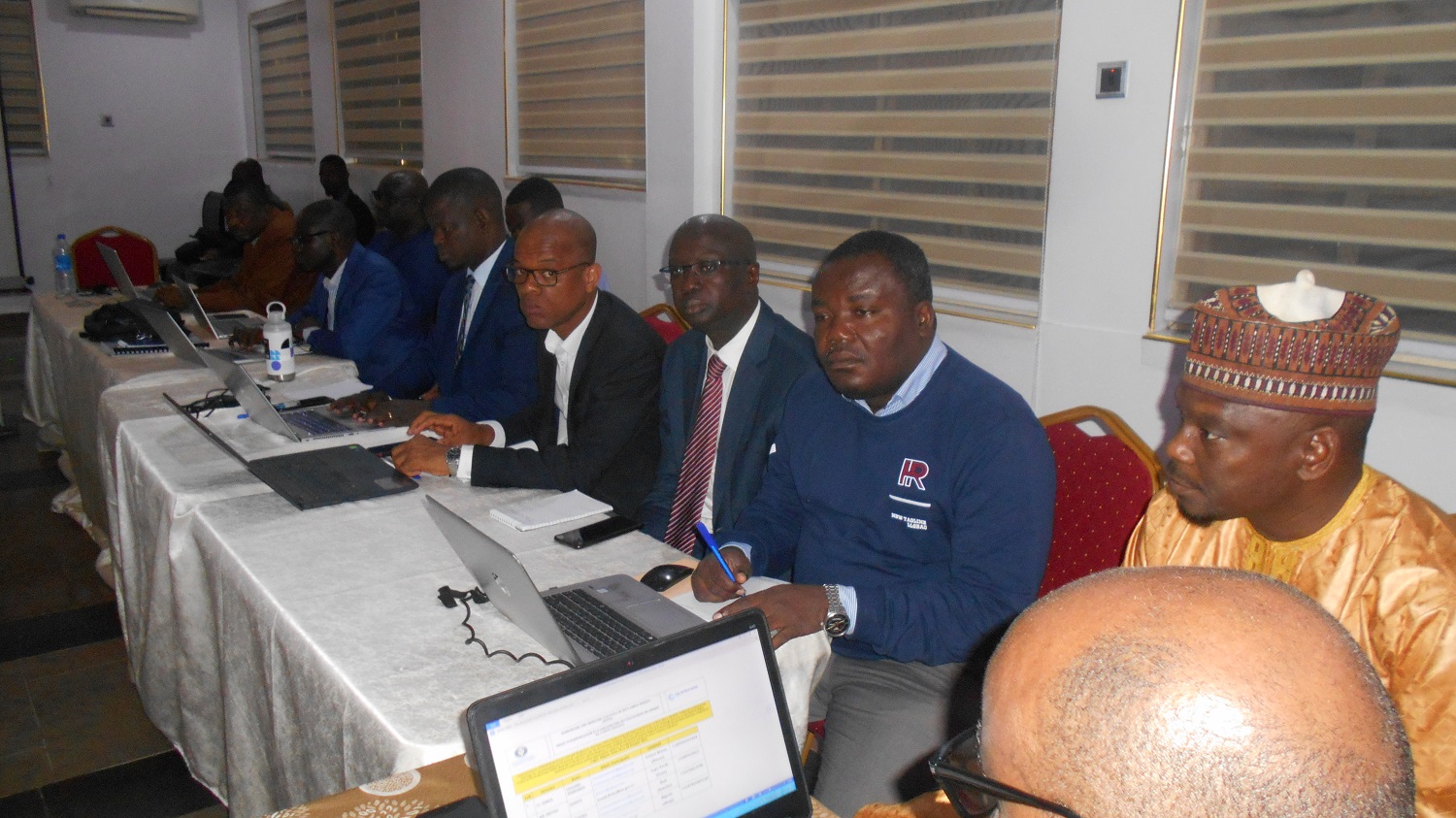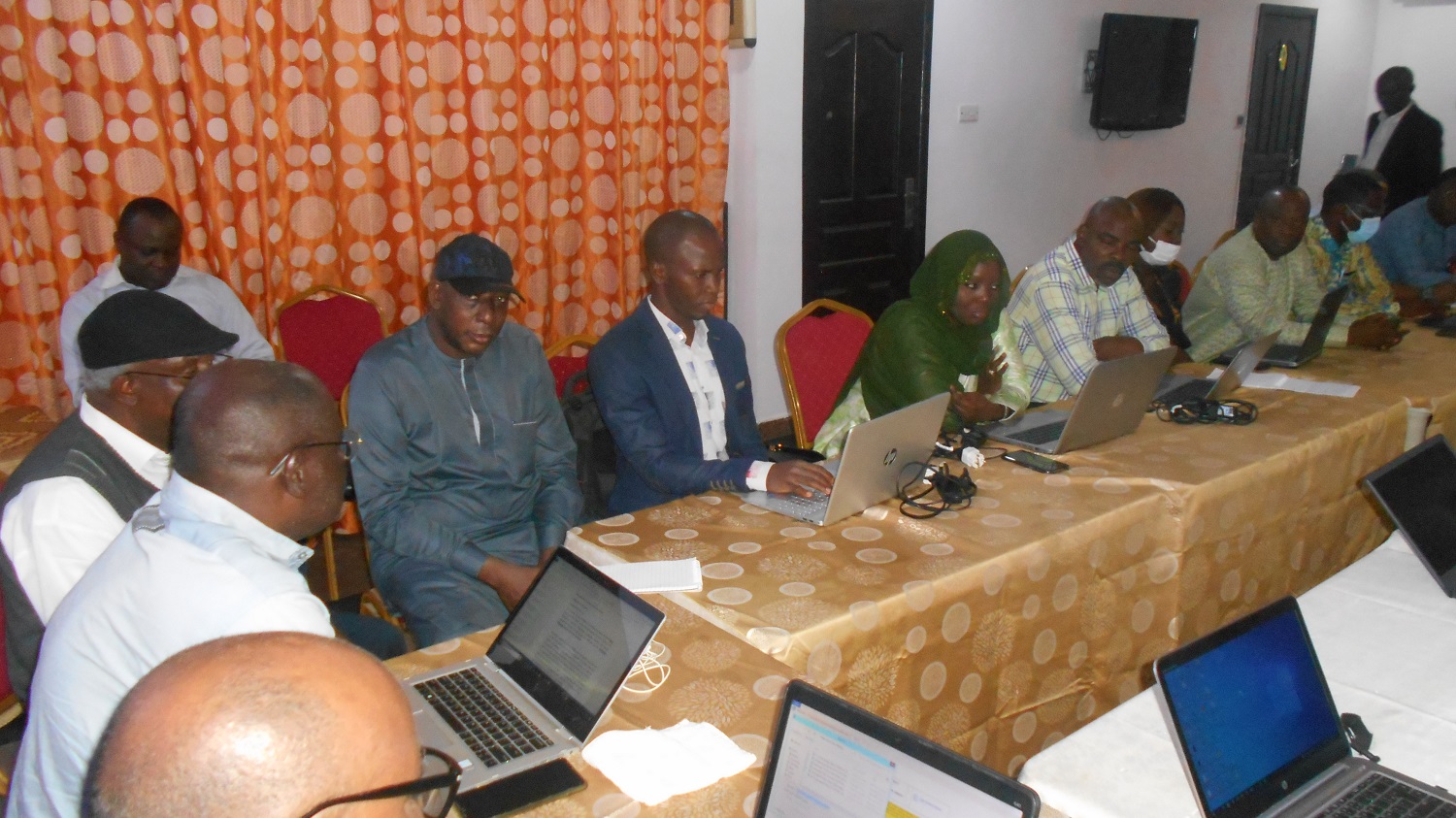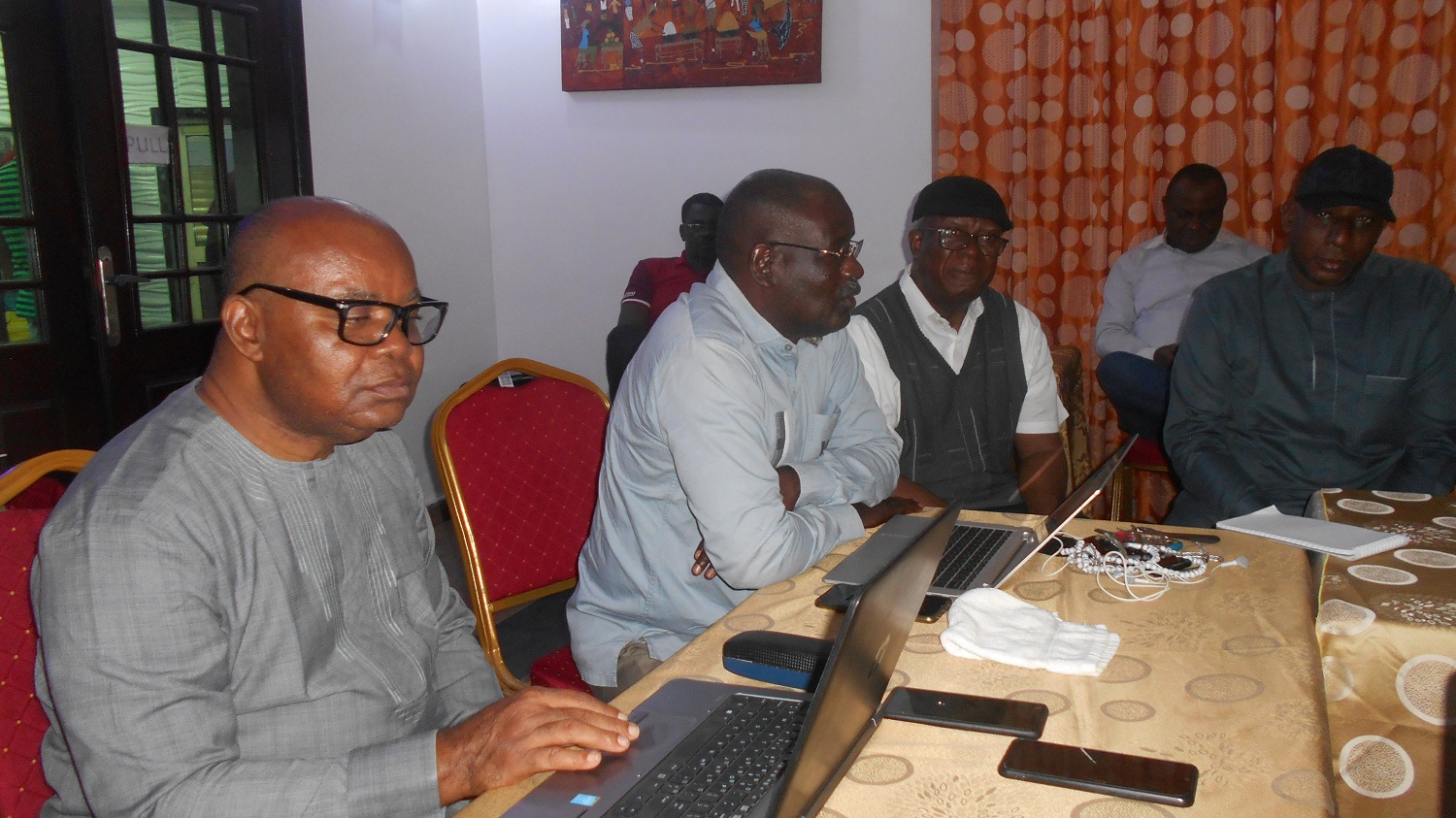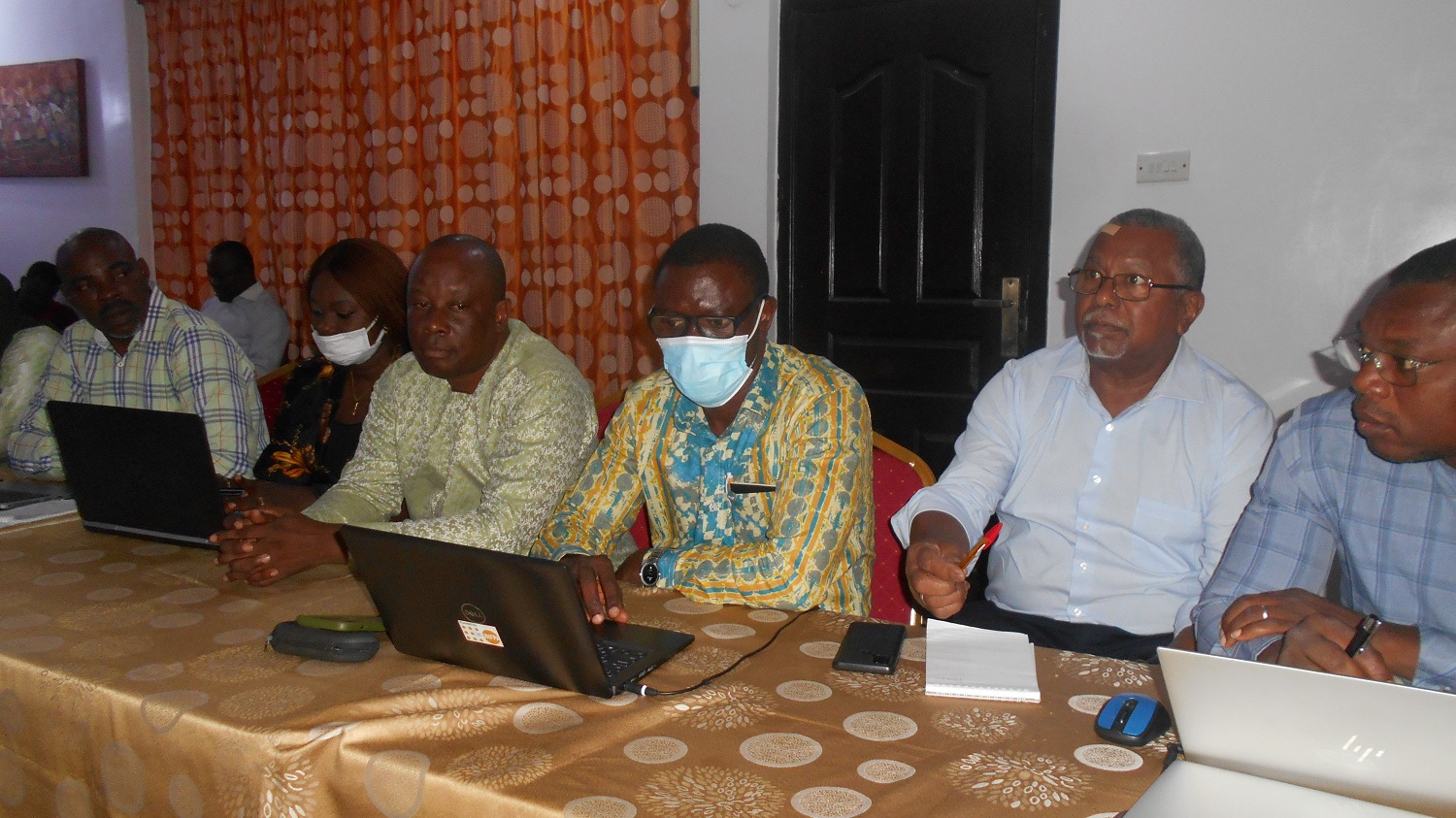A Regional Workshop on Harmonising and Improving Statistical Data in West Africa
04 Nov, 2022“Operationalising National Committees for the production of sector-based statistical data in the Economic Community of West African States (ECOWAS)”: is the theme of a workshop that commenced on the 24th of October 2022, in Lagos, Nigeria. The workshop was organised by ECOWAS Commission with the financial assistance of the World Bank.
The main aim of the meeting is to bring together regional experts from ECOWAS Member States and some key ECOWAS Commission directorates to properly consider, discuss and validate the guidelines and frameworks of sector-based statistics indicators as prepared by the ECOWAS Commission Directorate of Research and Statistics.
The frameworks are expected to enable collection of quality statistical data in the Member States, comparable at regional and international levels. The statistics will cover education, health, agriculture, population, environment, communication, transport, tourism, registry, gender, industry, energy and infrastructure.
The outputs of the workshop will serve as a benchmark for a questionnaire to be used by the respective National Institutes of Statistics (NIS) and the ECOWAS Commission Directorate of Research and Statistics, to update the yearly publications on regional statistical data.
It is recall that the ECOWAS Commission received a World Bank grant to implement the Project on Harmonising and Improving Statistics in West Africa (HISWA). The project supports National Statistical Systems (NSS) and the ECOWAS Regional Statistical System (RSS) to generate up-to-date, reliable and harmonised statistics, primarily on economic and social data.
The project’s objective is to strengthen the statistical systems of participating countries and regional bodies in West Africa, and to harmonise, produce, disseminate and enhance the use of core economic and social statistics.
In specific terms, the project’s regional component aims to support the following activities: (a) creating harmonised methodologies; (b) producing core economic and social statistics including national accounts and price statistics; (c) improving targeted administrative statistics; d) training on enhanced methodologies, capacity building, and gathering of additional data to improve the quality and timely production of basic statistics by the National Institutes of Statistics; e) disseminating and using data; and (f) institutional reform.



